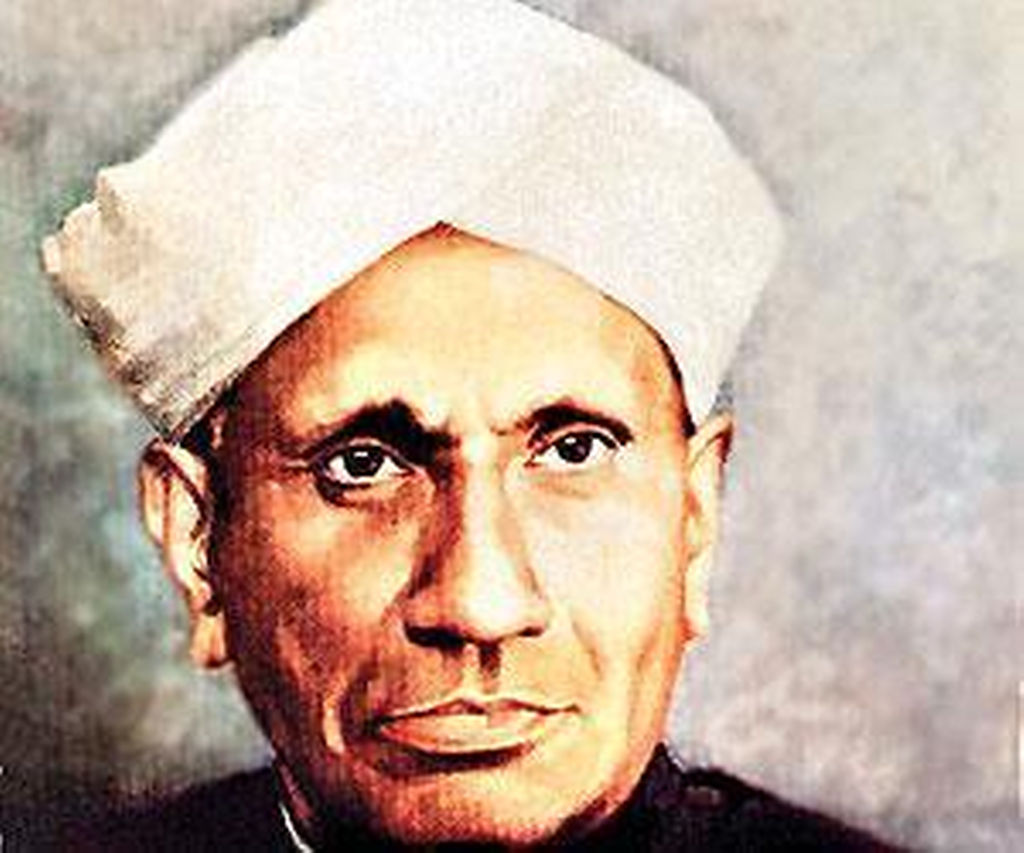Chandrasekhara Venkata Raman won the Nobel Prize for Physics in 1930 for his pioneering work on scattering of light. Born in Tiruchirapalli on November 7, 1888, he was the first Asian and first non-White to receive any Nobel Prize in the sciences. Raman also worked on the acoustics of musical instruments. He was the first to investigate the harmonic nature of the sound of the Indian drums such as the tabla and the mridangam.
He discovered that, when light traverses a transparent material, some of the deflected light changes in wavelength. This phenomenon is now called the Raman scattering and is the result of the Raman effect.
In October 1970, he collapsed in his laboratory. He was moved to a hospital and the doctors gave him four hours to live. He survived and after a few days refused to stay in the hospital as he preferred to die in the gardens of his Institute (the Raman Research Institute in Bangalore) surrounded by his flowers. He died of natural causes on 21 November 1970.






Leave a Reply